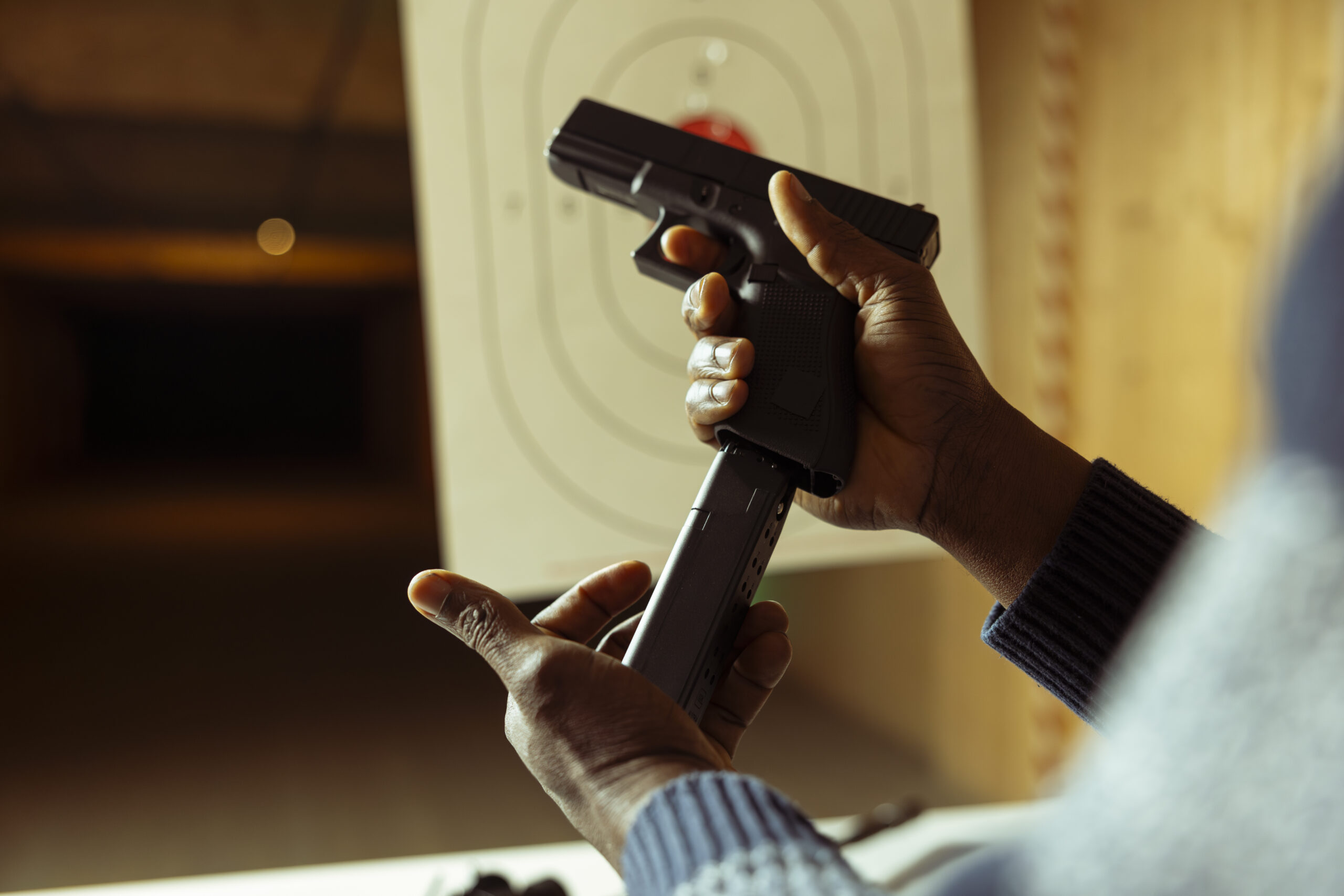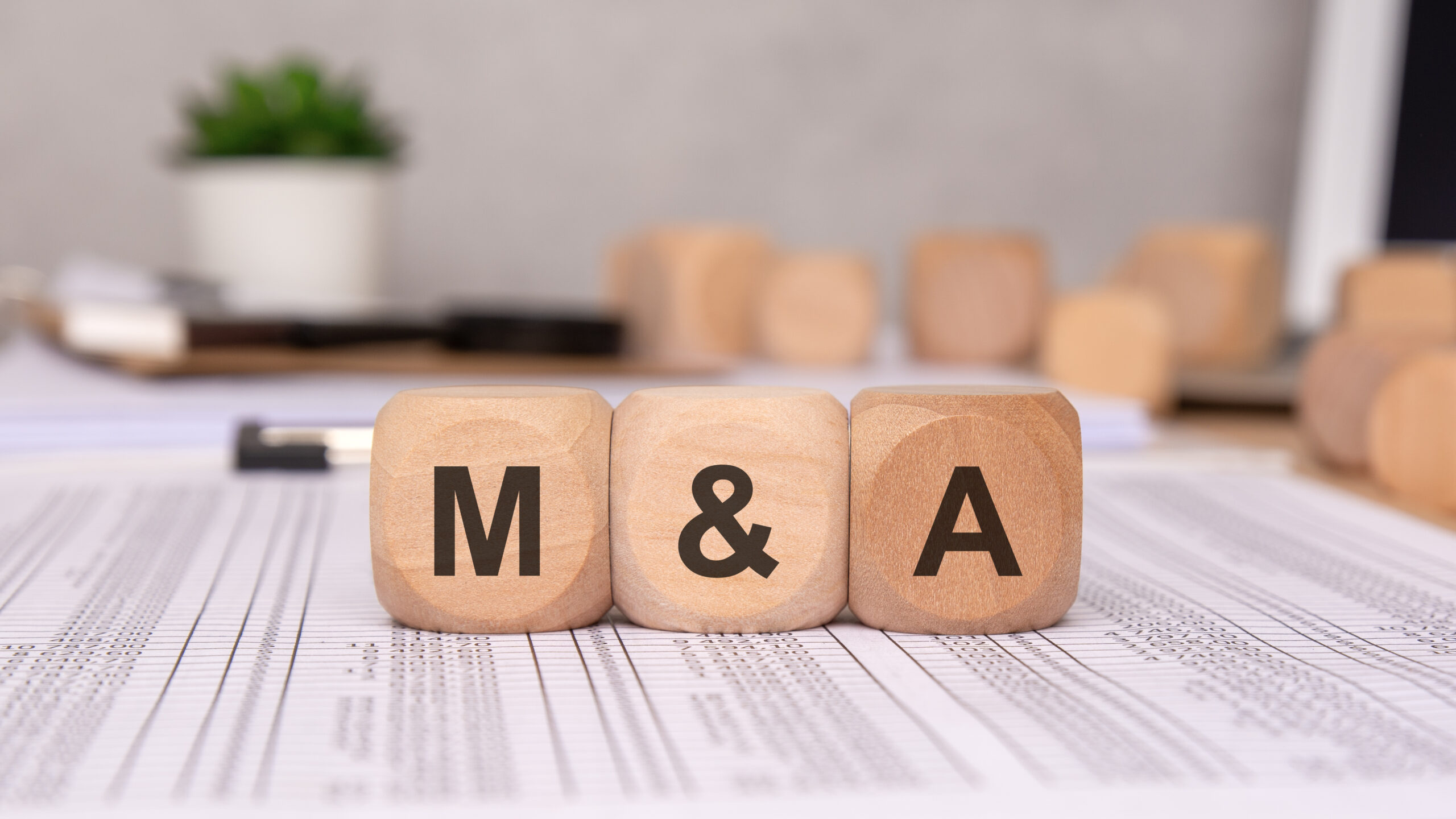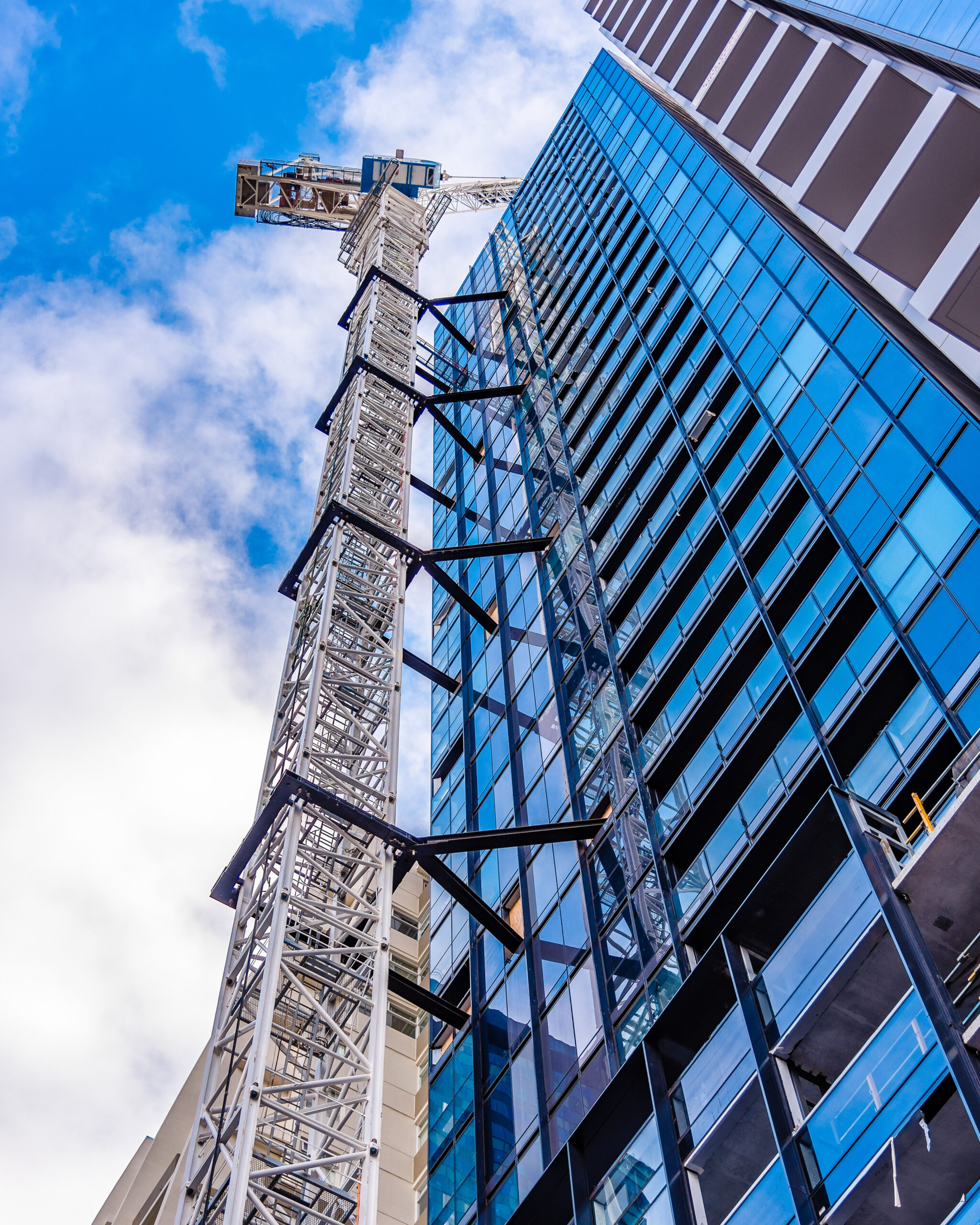The brutal assassination of a health department whistleblower in Gauteng serves as a chilling reminder of the dangers faced by those who dare to expose corruption and misconduct. Despite widespread outrage, whistleblowers across South Africa continue to live under threat. In one case, an employee who reported alleged price gouging at a state-owned rail company was shot 23 times outside his workplace. In another, a community activist linked to the Omotoso sexual offences case was fatally gunned down in the Eastern Cape.
Whistleblowers are vital to promoting transparency and accountability in both the public and private sectors. Former Chief Justice Raymond Zondo described them as “the last line of defence against corruption and state capture.” South Africa’s key legislative framework, the Protected Disclosures Act 26 of 2000 (PDA), was designed to protect these individuals, yet in practice, the Act’s safeguards have proven insufficient.
Many whistleblowers face dismissal, disciplinary action, financial loss, or even violence after coming forward. The fear of retaliation discourages others from reporting wrongdoing, undermining efforts to build a culture of integrity and justice.
Strengthening Legal Protection
The PDA protects employees who make “protected disclosures” in good faith and reasonably believe the information to be true. This protection extends to preventing any “occupational detriment”, including dismissal, demotion, or harassment arising from a disclosure.
However, critics argue that the PDA remains outdated and does not reflect the realities faced by whistleblowers today.
Proposed reforms include:
- Extending protection beyond employees to cover contractors and volunteers.
- Strengthening confidentiality rules and enabling anonymous disclosures.
- Creating a financial support fund for whistleblowers who lose income or face retaliation.
- Appointing a retired judge as a “Whistleblower Protector” to oversee certification, provide risk assessments, assist with interdicts, and coordinate protection.
- Introducing penalties for the unlawful disclosure of a whistleblower’s identity.
These recommendations, championed by the National Anti-Corruption Advisory Council (NACAC), were presented in its final 2025 report to the President.
Learning from International Best Practice
The United States offers a successful example through its Dodd-Frank Act, which incentivises whistleblowing by rewarding individuals with 15 to 30 percent of recovered funds when their disclosures lead to successful enforcement actions. In 2023, the U.S. Securities and Exchange Commission (SEC) awarded a record USD 279 million to a whistleblower whose information uncovered major financial misconduct.
However, even in the U.S., legal complexity remains. The case of Digital Realty Trust v Somers restricted anti-retaliation protection to individuals who report directly to the SEC, excluding those who report internally. This highlights the ongoing challenge of crafting laws that balance corporate compliance mechanisms with the protection of individual rights.
The South African Reality and Path Forward
In South Africa, the PDA’s “good faith” requirement and limitation to formal employees make it difficult for many to qualify for protection. Potential whistleblowers often weigh the risk to their lives and livelihoods against the public interest in disclosure and too often, they remain silent.
To reverse this trend, urgent reform is needed. The implementation of the State Capture Commission’s recommendations, coupled with the NACAC proposals, could provide a stronger and more practical framework. Financial compensation, confidentiality guarantees, and psychological and legal support are key to restoring public trust and encouraging ethical disclosure.
If South Africa truly wants to combat corruption, it must safeguard those who stand on the front lines. Protecting whistleblowers is not only a moral obligation but a constitutional necessity for preserving the rule of law and the credibility of public institutions.
Whistleblowers are not troublemakers, they are the guardians of democracy. Protecting them protects all of us.






